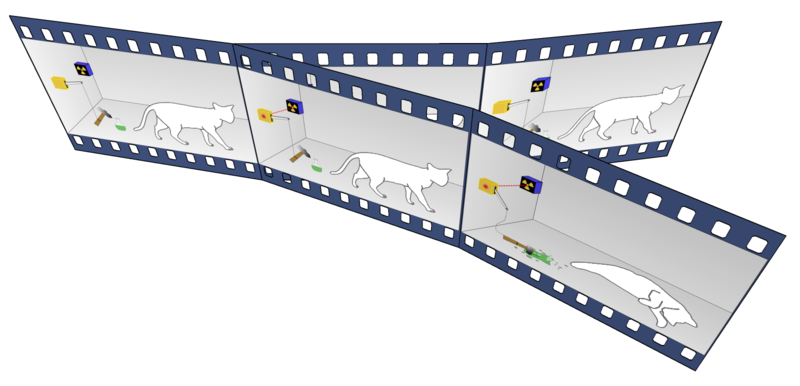Popcorn: New Christian Darwinist film portrays ID guys as in it for “PR or political reasons or … “

The BioLogos crowd seems to have a hard time critiquing intelligent design without casting aspersions on the character and motives of those with whom they disagree.
Darrel Falk, after briefly granting in the video that intelligent design proponents are motivated by “wonderful reasons,” turns right around and sticks in the stiletto. What’s the real reason intelligent design proponents won’t admit they are wrong, wrong, WRONG? Well, according to Falk, ID proponents won’t admit they have been refuted because “everybody is embarrassed because they have invested so much money, they have invested so much personal ideology, reputation, even ego… It’s pretty hard to say, ‘I guess I was wrong.'” Sean Carroll offers a similar assessment for why ID scholars won’t shut up despite being scientifically bankrupt in his view: “So for, you know, PR reasons, or political reasons, or whatever it might be, they keep talking.” Read More ›




